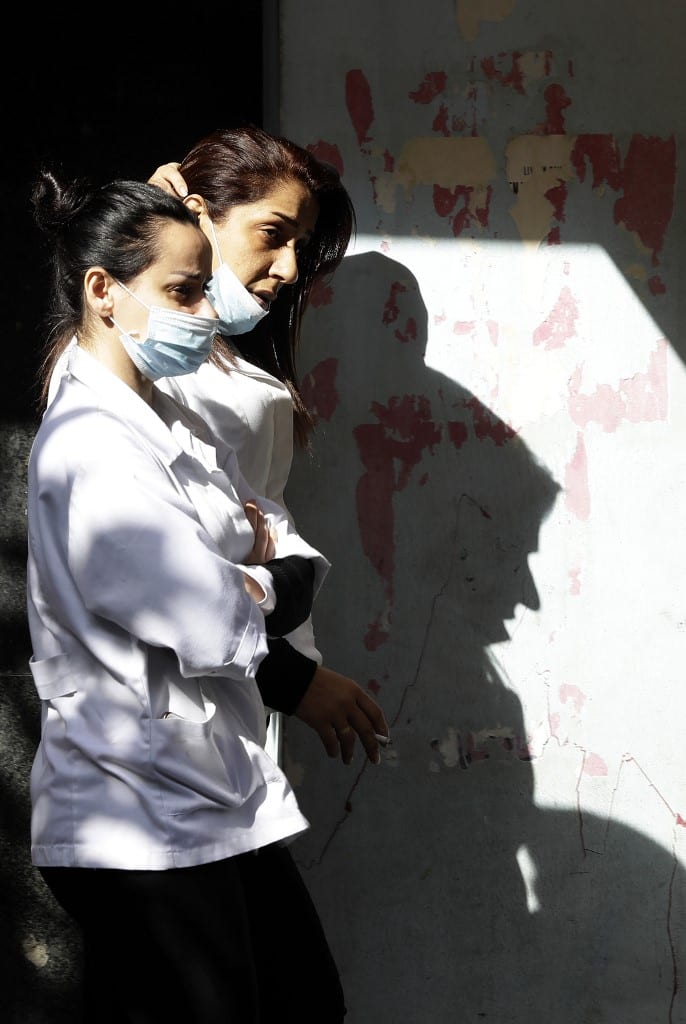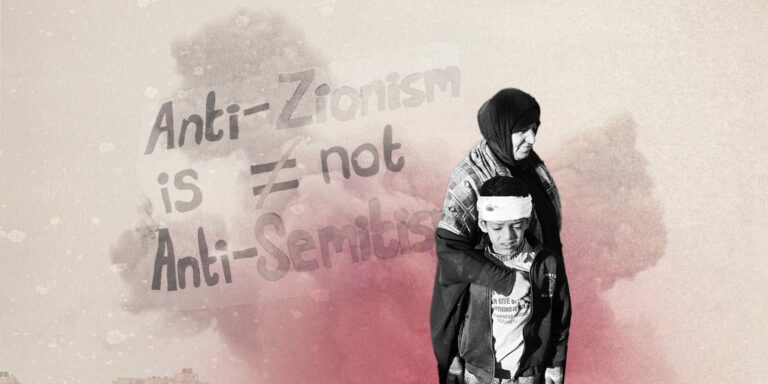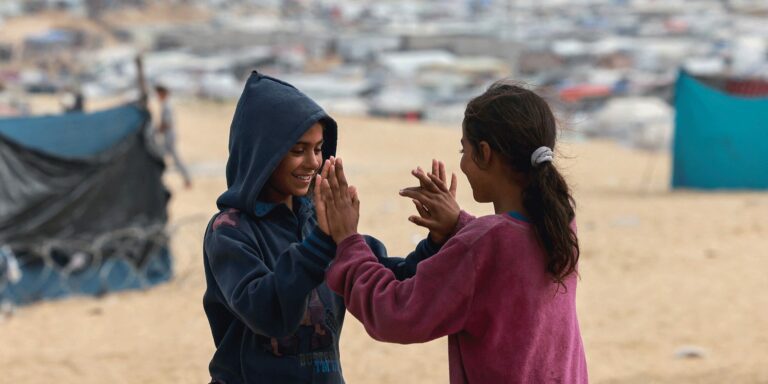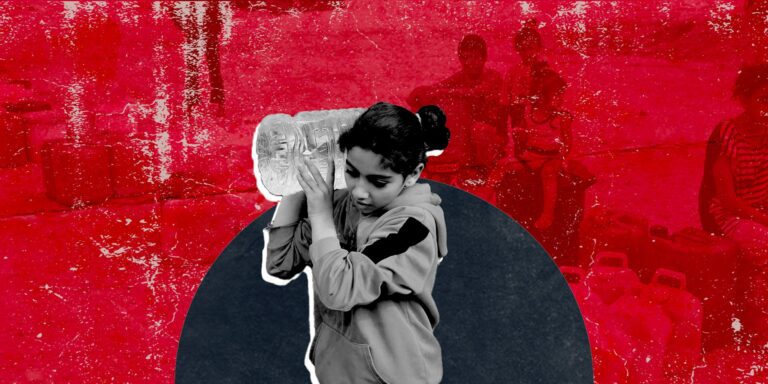It is improbable that we will ever be able to frame and identify all the repercussions of the Covid-19 pandemic as these are likely to continue to have some serious reverberations way after the pandemic is over and in ways that we are least likely to imagine. What is obvious at the moment, and at a time when the pandemic is in full operation mode, is that, expectedly, this crisis has further visibilised and exacerbated already existing forms of injustice, inequality, oppression and discrimination.
Less than two weeks ago, I had the privilege of being part of a virtual convening of women’s rights and feminist organisations from the Middle East and North Africa region including Bahrain, Egypt, Iraq, Jordan, Lebanon, Libya, Morocco, Palestine and Tunisia. In regular times, which in this case refers to the pre-pandemic life, these organisations work on various issues including gender based violence, women’s economic empowerment, LGBTQ, sex work, women human rights defenders, political participation and other areas related to gender equality and social justice.
We had convened this space to talk and exchange the experiences we were going through and explore the connections that might arise as well as to draw inspiration from each other. In short, feminist solidarity was and still is needed as we deal with a formidable and unprecedented situation for which, it is safe to say, none of us was prepared.

Many women’s rights and feminist organisations have continued to work during this period after an initial phase of adjustment which meant finding out ways to remain operational under lockdowns. It has not been easy or smooth to shift to teleworking as was the case in the educational or private sector. Indeed, working virtually assumes the availability of proper space, logistics and technology which is quite a luxury for many especially when it comes to securing space and privacy.
According to all the narratives exchanged by feminist activists, cases of domestic violence have indeed shot up exponentially during the lockdown with the added complications related to the difficulties women are facing when trying to reach out for help, either from friends and family or from helplines and law enforcement.
The lockdown has meant that friends and family are unable to provide solace or safety and authorities are simply… unavailable. In any case, and as indicated by many feminist activists “our systems are broken, ineffectual and often deplorable to start with… they cannot withstand this shock and they will not prioritise the provision of safety and safe haven for women victims of violence”. For Palestinian colleagues, the combined effect of violence caused by the Israeli occupation and by men in the household means that women and girls are doubly affected and discriminated against.
Unequal gender relations within families and the burden of care work carried by women and girls has finally entered the realm of social and public debates.
The situation is particularly dire women who are in prisons as well as women who are awaiting for their fate and that of their children to be decided by family courts who do not seem to share the same sense of urgency! Most feminist activists in the region lamented the hard choices that women victims of violence are having to make under confinement.
Indeed, and with the increased difficulties of maintaining a livelihood and a quasi safety for their children, women victims of violence under confinement are opting to stay with their children since they have no other recourse and their responsibilities vis-à-vis their children take precedence over their own safety. Other feminist colleagues from Jordan spoke about the ill thought decision to deliver aid to families via the male head of household despite the evidence that using such methods is least likely to trickle down benefits to women and girls in the household.
On a related vein, there was abundant evidence shared on the difficulties that women face in securing safe support for their reproductive and sexual health, a matter that seems to be de-prioritised by male heads of households as well as by health providers. As such, many women are seeing their access to contraceptive services denied.
Based on their interactions with women, many feminists concur that the quarantine measures, especially when added to the responsibility of teleworking and homeschooling, are oblivious of the added care work on women who now have to assume additional tasks without necessarily being prepared or having the means to do so. With this, attention to issues such as mental health and self-care becomes impossible.
But depending on their social positions, other groups of women face additional forms of abuses during lockdowns namely women with special needs, migrant women, sex workers and queer women. An amazing young LGBTQ activist from Tunisia shared how groups of young volunteers have formed to secure medicines and basic hygiene products to homeless sex workers and how a helpline is always available for queer people trapped in toxic and abusive households.
Similar stories were shared from Lebanon with the added complication of the financial and economic crisis. One of the implication of the crisis, which is further exacerbated by the abject racism in the country, has been the outrageous “street dumping” or even “selling” of migrant domestic workers whose employers “cannot afford” anymore.
It is indeed such situations of crisis that show us the cruelty of the patriarchal system and its institutional ramification. The shock wave created by the Covid-19 pandemic is certainly gigantic and will be with us for a while. However, I would like to think that some its effects are positive and to a large extent irreversible. The abysmal failure of our states to protect women and curb gender based violence can no longer be hidden or excused. Violence against women and girls can no longer be ignored and is already fully recognized as a pandemic in its own right and the pandemic has probably shown us the human cost of failing to recognize and address this pandemic. Unequal gender relations within families and the burden of care work carried by women and girls has finally entered the realm of social and public debates.
Several feminist organisations are already working toward public policies which are not only aware of the opportunity cost of care work but which also seek to distribute that cost. Moreover, and perhaps more importantly, the silencing and invisibilising of queer people, sex workers, and other groups is no longer possible. What the crisis has showed us is that feminist organizing is not only live and kicking but also creative and resilient and saves lives.
nd, in the case of Lebanon, I am perhaps recomforted by the fact that mediocrity can no longer be celebrated and the veneer of modernity is no longer convincing. Our regime and its attendant structures which pretend to work for the rights of women have all proven to be ineffectual and are certainly not to be taken seriously.






